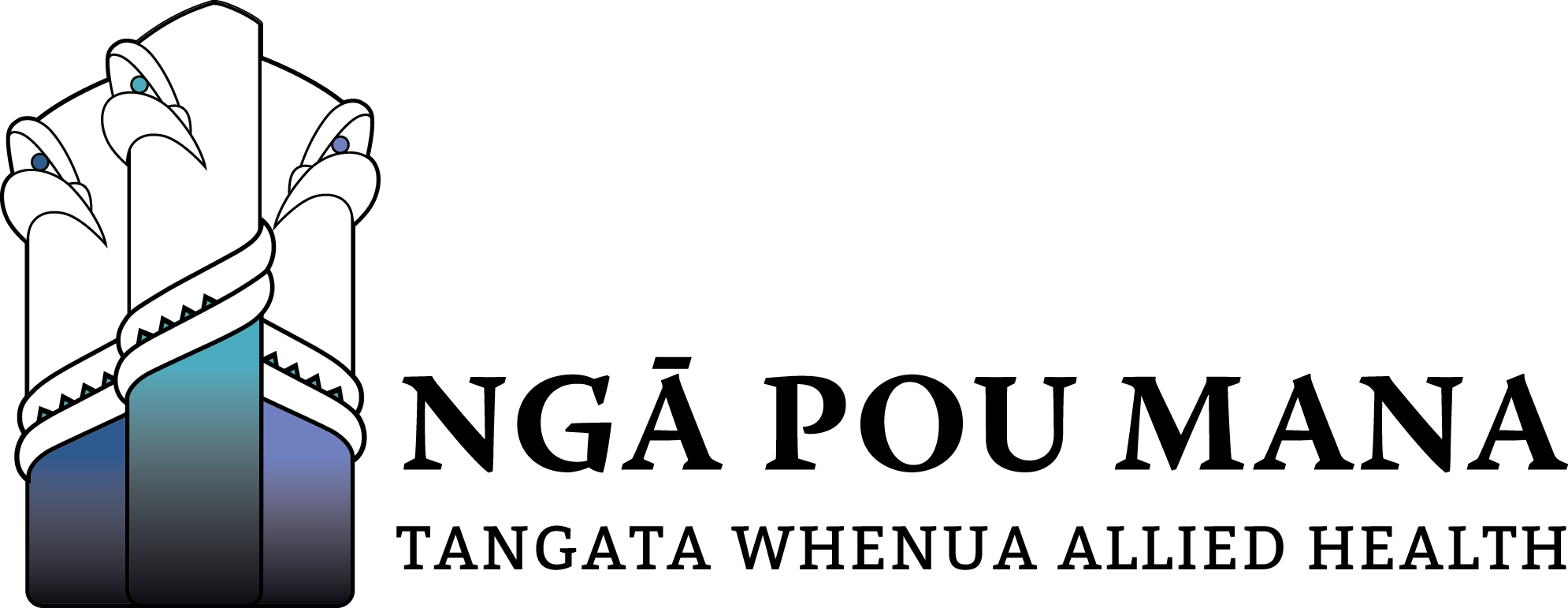It can be challenging not to compare how and when children hit their developmental milestones.
Children, even siblings, develop different abilities at slightly different ages.
Understanding our development
Our development as humans is not measured by a series of set dates, but as a range of typical development.
Developmental milestones help us to assess whether our children are progressing towards certain skills and capabilities.
When it comes to comparison, observe if your child is developing typically and generally the same as others of similar age. Focusing on one skill or milestone could affect your perception.
Some children develop their gross motor skills quicker, others their fine motor skills while another child may develop their speech at a faster pace.
For example, walking may be a milestone for at child who is approximately a year old.
However, there are children who start to walk as early as nine months of age and others who walk independently when they are 20 months old.
If they are not developing along the typical range and intervention is required, physiotherapists can assist.
Getting Support
If a carer or parent is concerned about their child’s development it is recommended that they consult their general practitioner, paediatrician or Plunket nurse.
From there they can be referred on to an occupational therapist, physiotherapist or other medical professional who specialises in working with children.
Once assessed by a specialist they will be able to let you know if further investigation or therapy is recommended.
There are four main areas of development that may be assessed:
- Social and emotional factors - how a child experiences, expresses, and manages their emotions; how they can form and maintain positive and rewarding relationships with others
- Language and communication - how a child understands and communicates
- Cognitive factors - how children think, explore, learn, and figure things out/problem-solving
- Movement and physical development - how the child controls and uses their bodies
How a physiotherapist can help
Physiotherapists are trained to understand these areas of development, specialising in therapy or treatment of the child’s physical development.
Each of the skills a child develops are rarely arbitrary.
Throughout their development, each new skill is either refining a previous skill or preparing for a new skill.
For example, head control is important for the development of a child’s balance and being able to sit.
This is just as important for a child to be able to move their head to listen to sounds, see their parent, and form social connections.
If, after having read this, you remain concerned about your child, please contact their paediatrician, or speak to the Plunket nurse and they should point you in the right direction.


